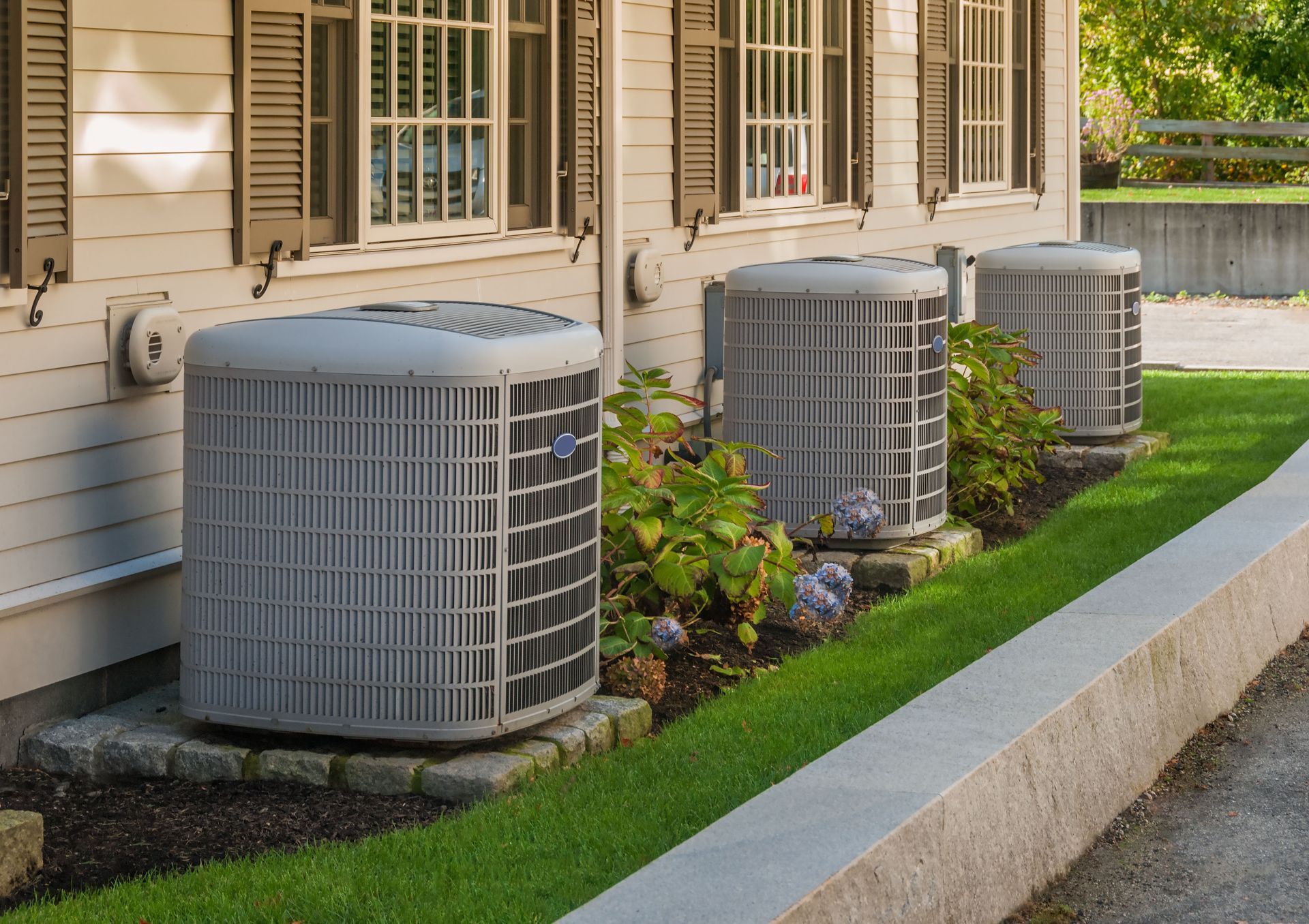Commercial Vs. Residential HVAC Systems: What's the Difference?
When it comes to heating, ventilation, and air conditioning (HVAC) systems, there is a significant difference between those suited for commercial properties and those designed for residential use. HVAC systems are crucial for maintaining comfortable indoor environments in both settings, but the requirements for commercial and residential setups vary widely. Understanding these differences can help in making informed decisions, whether you're a business owner or a homeowner. In this blog, we'll explore the primary distinctions between commercial and residential HVAC systems and provide insights into how these differences impact performance, efficiency, and maintenance.
System Size and Complexity
One of the most apparent differences between commercial and residential HVAC systems is the size and complexity of the setup. Commercial HVAC systems are typically larger and more complex, designed to control the temperature of large spaces and accommodate a greater number of occupants. In contrast, residential systems tend to be smaller because they only need to service the limited space of a home. This scale difference influences not only the design but also the installation and maintenance procedures required for each system.
Installation and Maintenance Requirements
Installation and maintenance are critical factors distinguishing commercial from residential HVAC systems. Due to their larger size and complexity, commercial HVAC systems require more extensive ductwork, larger units, and often more sophisticated controls. This necessitates specialized installation and more regular maintenance to ensure efficient operation. Residential systems, while still requiring expert installation, have simpler designs and typically require less frequent maintenance. Interestingly, each year on average, U.S. consumers replace three million heating and cooling systems, according to ConsumerAffairs. This statistic underscores the importance of regular maintenance and timely replacement to ensure efficiency and longevity.
Economic and Energy Consumption Factors
The economic dynamics and energy consumption of HVAC systems differ greatly between commercial and residential settings. Commercial systems are designed to be highly efficient due to the substantial costs associated with maintaining large spaces. They often include advanced features like energy recovery systems to maximize savings. Residential systems, while prioritizing energy efficiency, are generally less complex, focusing on practical features that fit within household budgets. The cost of operating and maintaining these systems also varies, with commercial units being more expensive due to their greater energy demands and sophisticated technology.
Flexibility and Zoning Capabilities
Flexibility and zoning abilities are crucial aspects when comparing commercial and residential HVAC systems. Commercial HVAC units often need to accommodate different zones within a building, offering flexibility to control temperatures in one area without affecting another. This zoning capability is crucial for large office spaces or retail environments where different areas may require different temperatures. Residential systems, on the other hand, typically heat or cool the entire home uniformly, though some advanced systems do offer limited zoning capabilities to serve different parts of a house independently, as needed.
Longevity and Durability Considerations
Another key difference between commercial and residential HVAC systems lies in their longevity and durability. Commercial systems are built to withstand higher usage rates and are designed to operate efficiently over extended periods. They are often subject to stricter performance standards due to commercial regulations and the potential financial impact of system downtime. We have found that residential systems, while durable, are generally expected to last between 15 and 20 years with proper maintenance. The variability in longevity underscores the need for tailored approaches in system design and maintenance based on the specific use-case scenarios of commercial versus residential environments.
Selecting the Right HVAC System
Understanding the distinctions between residential and commercial HVAC systems is crucial for selecting the right solution for your needs. While both types of systems aim to provide comfortable indoor climates, their differences in size, complexity, installation, maintenance, and energy consumption highlight the unique considerations necessary for each type. Whether you are overseeing a commercial property or looking after your home, being informed about these differences ensures efficient operation, longevity, and cost-effectiveness of the HVAC system you choose. Informed decisions lead to more sustainable outcomes for both residential homeowners and commercial facilities alike.
Need help choosing the right HVAC system or maintaining your current one? Contact Cajun Bear AC Repair today for expert advice, professional installation, and reliable maintenance services. We're here to keep your space comfortable year-round—whether it's your home or business.



Share On: